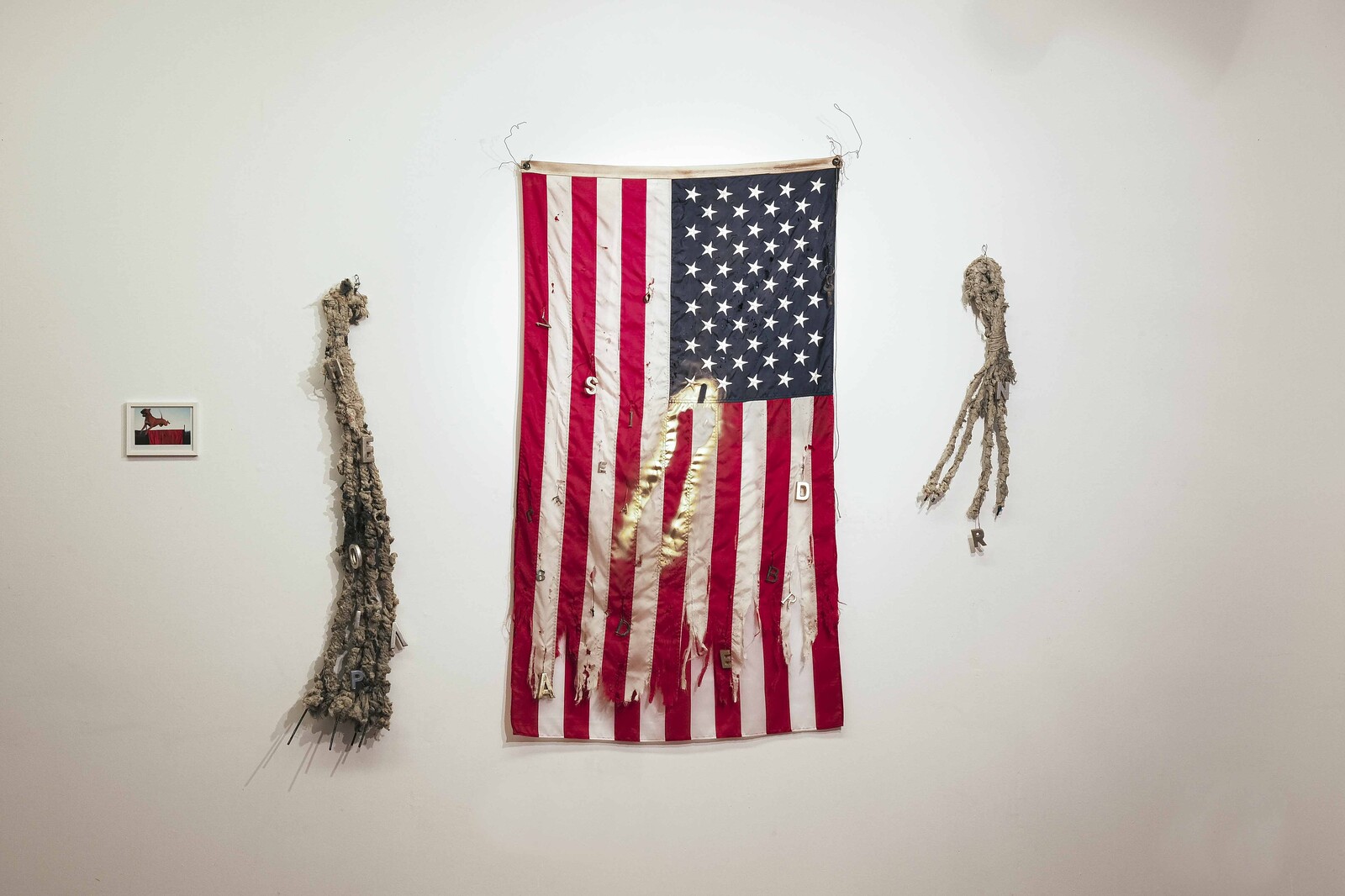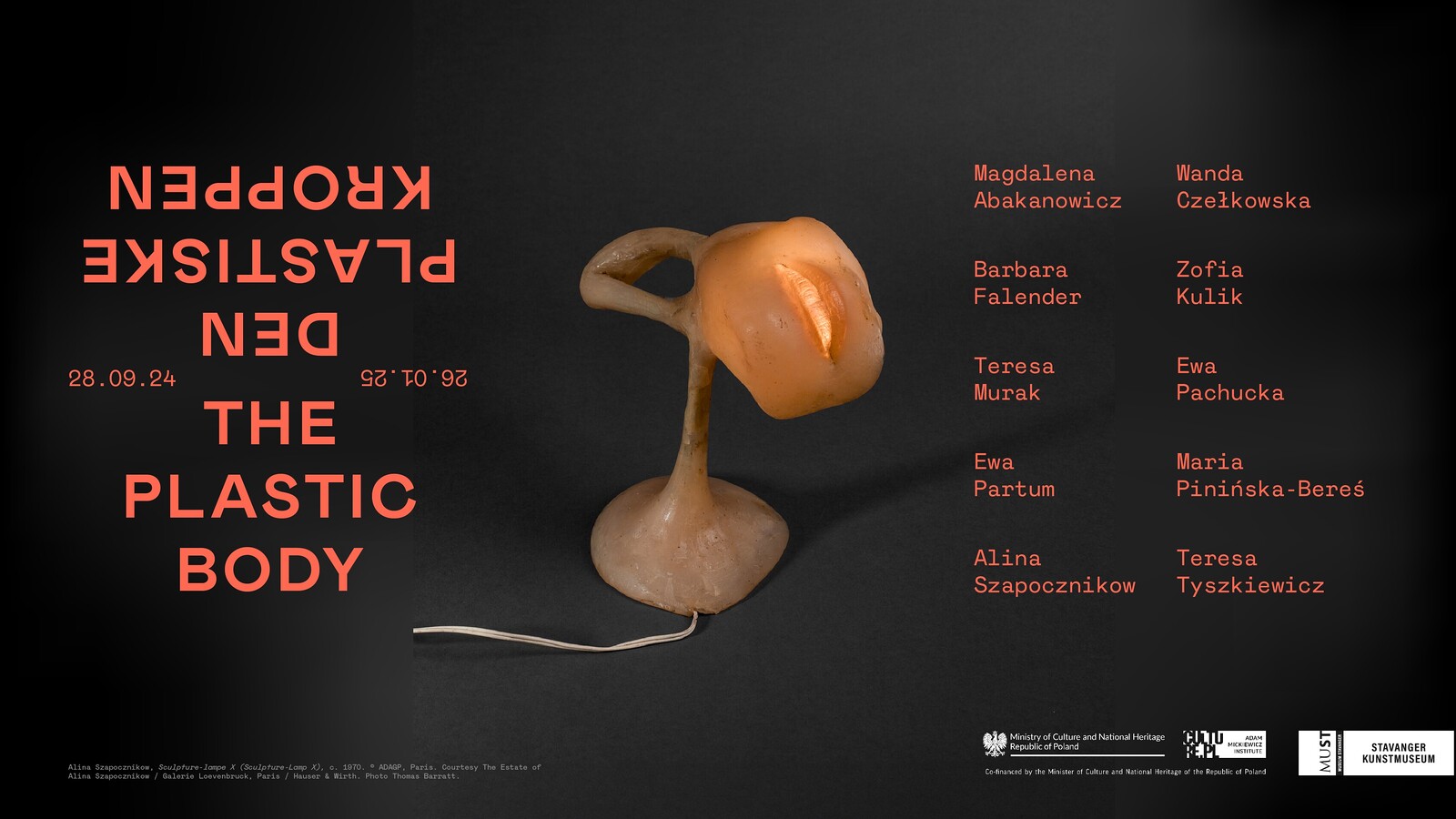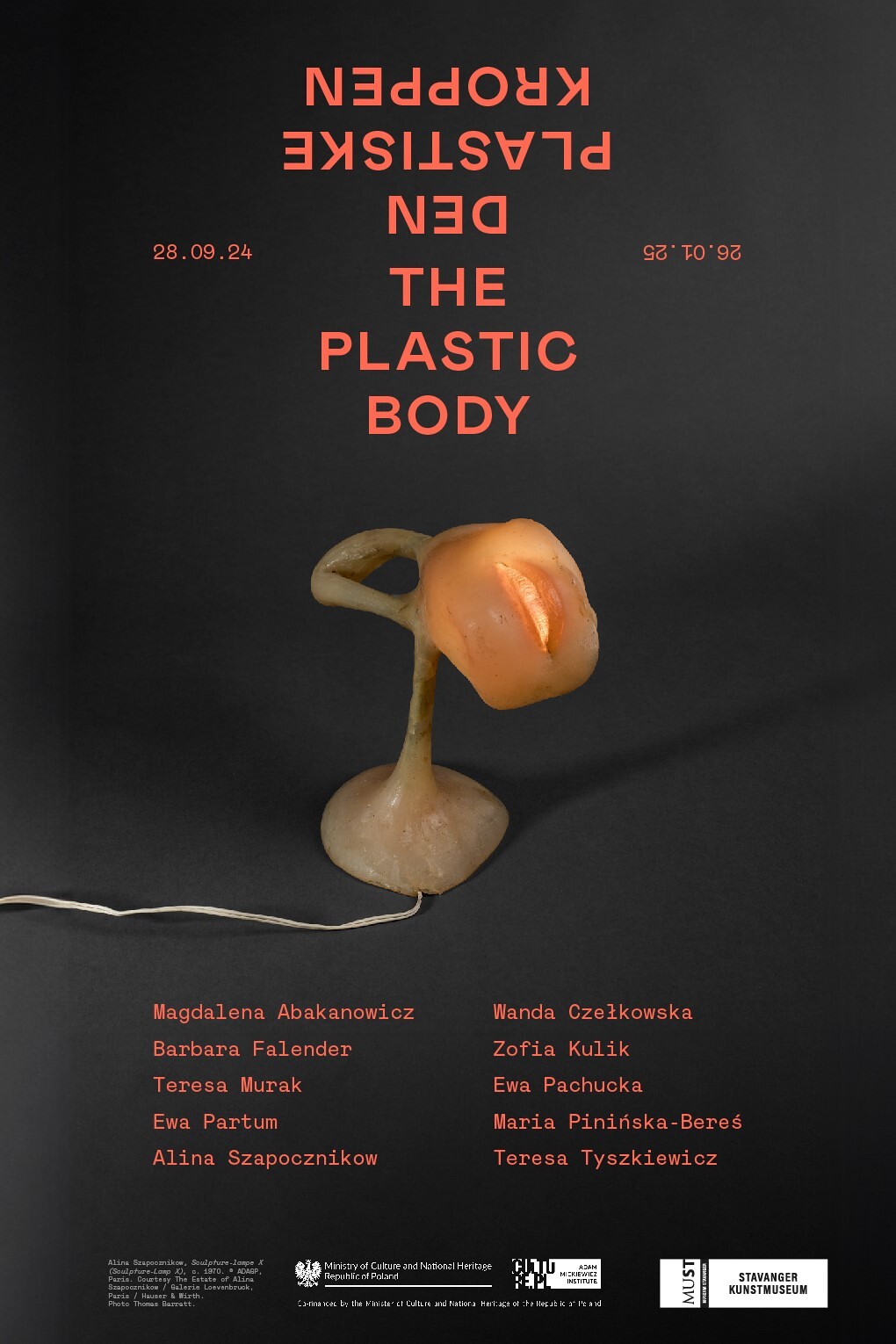No Room for Manoeuvre (3)
March 30–May 30, 2022
“The greatest artist of tomorrow may be the one who has already detected, who abandoned everything at the right moment, and not the one who continues to act between the lines.” —Armando Lulaj
ARTRA Gallery is pleased to host Armando Lulaj’s new show No Room for Manoeuvre (3), which constitutes the third exhibition in an expository project conceived by the artist as “a five act drama”.
The plot of this third act grows out of a photo taken in Brindisi in 1990: a bare-chested man surrounded by cameramen, photographers, and military personnel turns his back to the cameras and begins to walk away with a nonchalant attitude toward the situation. This is “the first photographic image taken by an Albanian immigrant in the exact moment that his companion—but also he himself—‘touches’ foreign soil”. This photograph became the first element in the artist’s Desertion Archives.
A time warp brings us to 1997, the year of anarchy, the year of pyramid schemes, of the official declaration of a state of emergency, a year marked by powerful social tensions, chaos and criminality giving rise to the process of uncontrolled free-market liberalization, that turn Albania into an advanced experiment in globalization. The photographic images that form the triptych (excerpts) 1997, tell of the perception of disorientation, the sense of the absurd, and the trauma experienced by the Albanian people that year.
In Library of Congress (2001) we meet him as he is going through the process of being expelled from the Academy of Fine Arts of Florence: he stands accused of having carried out a performance piece deemed to be too reckless, during teaching hours no less, as evidenced by a typewritten letter sent by one of the artist’s course companions to the director of the academy. In Department of Tate (2018) we can read another letter, this time written by Lulaj himself; the addressee is Harald Szeemann, thirteen years after his death.
Composed of works from different periods, Torch (2001–31) is a kind of polyptych of maceration, a compendium of the roles that flags can have in the construction, and more often in the destruction, of a territorial identity, the profanation of a symbol based on a counterfeit idea of the sacred. Seen from this point of view, the hand that stands out, with slight variations in framing, in the three panels that are part of Cave Paintings (2022), makes a gesture that is more cathartic than irreverent.
The epilogue of this third act in a drama that stages the dissolution (first and foremost linguistic) of the idea of the State, the interference of a supranational power in an anomalous territorial community, the inlay between individual biography and epochal conditions, is represented in a photograph from the set of Recapitulation, one of the three films that Lulaj presented at the 56th.Venice Biennial. The sense of Levitation (2015) that emanates from the carcass of an American warplane suspended in the air is perhaps a way out of history, out of its obligatory scenarios, a way out of the idea that inside it there would be no room for manoeuvre.
The exhibition can be seen through May 30 from Tuesday to Saturday from 2:30–7:30pm, or by appointment in other hours.
Armando Lulaj (1980) is a writer of plays, texts on risk territories, filmmaker, and producer of conflict images. His research is orientated towards accentuating the border between economic power, fictional democracy, and social disparity in a global context. His main topics of interest remain the structure of power, state corruption and institutional critique. He is founder and co-director of DebatikCenter of Contemporary Art of Tirana. In 2022 he published with Punctum books, “Broken Narrative: The Politics of Contemporary Art in Albania”.


